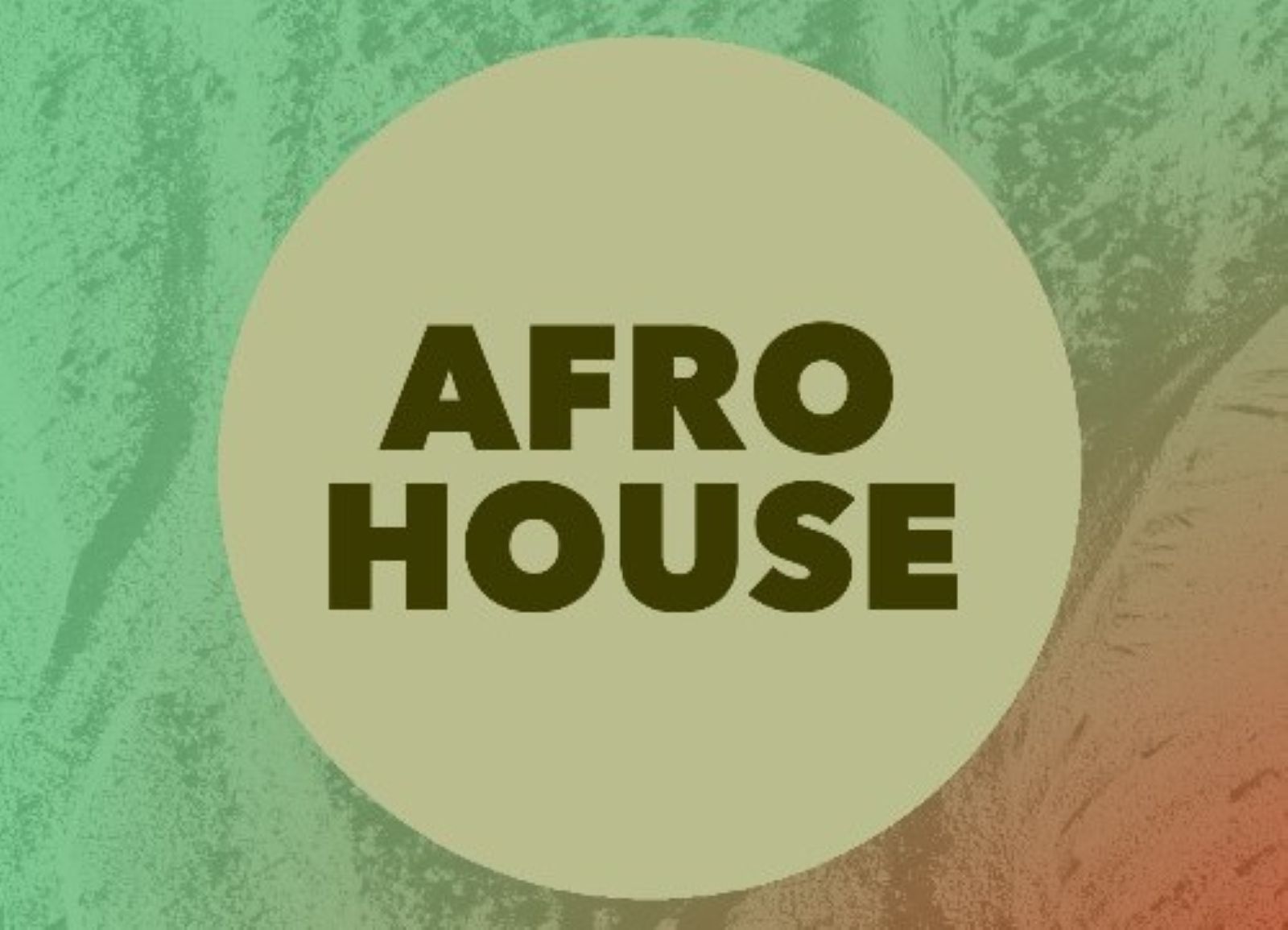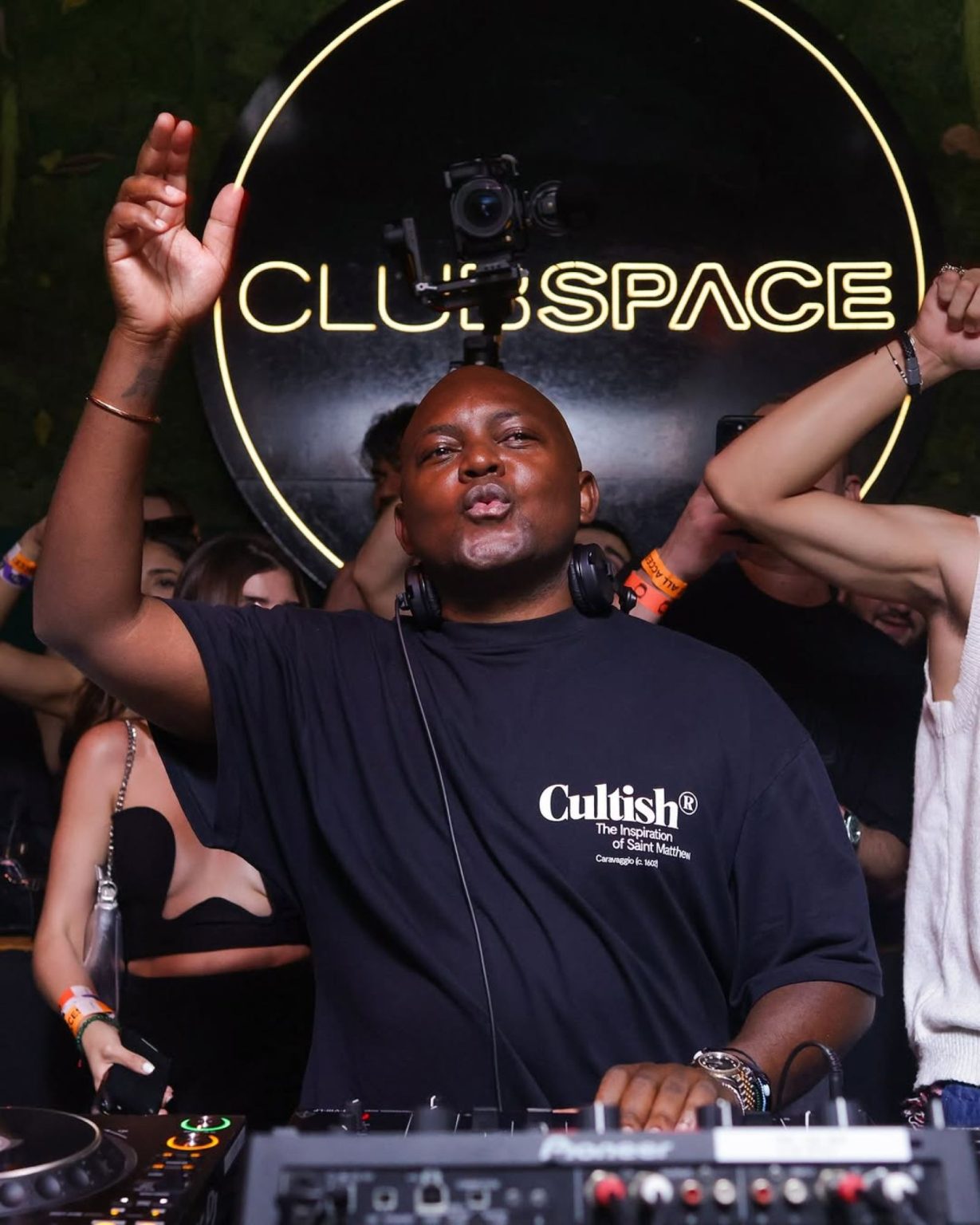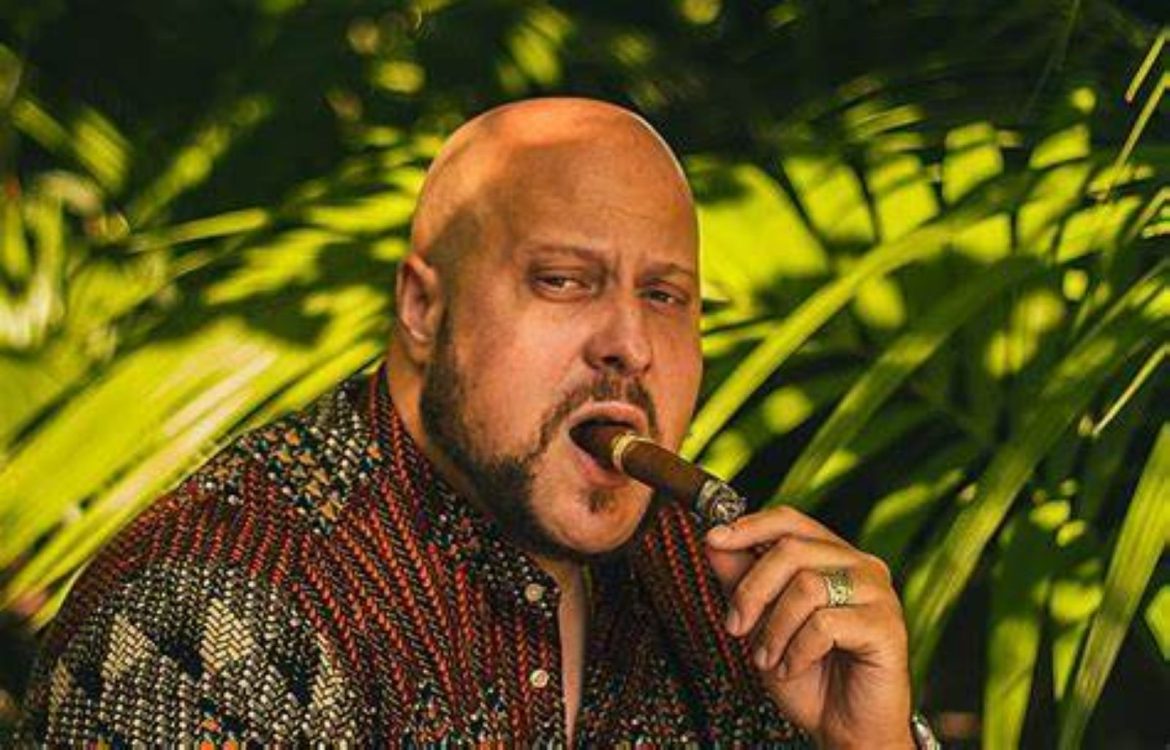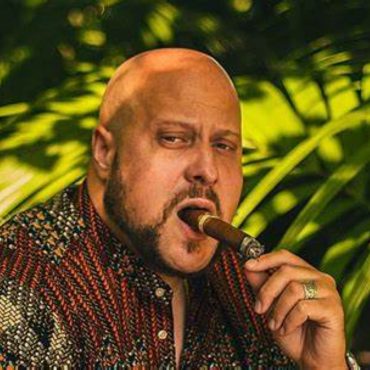chevron_left
-
play_arrow
Drums Radio Drums Radio

share
close
A Genre at a Crossroads
The ongoing debate surrounding the origins of Afro House has ignited passionate discussions within the global electronic music community. The controversy was recently amplified when renowned Afro House and Afro Tech producer, Themba, asserted that while house music as a genre is not originally from South Africa, Afro House specifically is. His statement received significant support from many in the industry, but it also sparked disagreement from figures who argue for a broader historical context.
One of the most vocal opponents to this viewpoint is Boddhi Satva, a highly influential producer in the Afro House space. He countered Themba’s claim by emphasizing that Afro House is not bound to a singular place or time but rather emerged as a confluence of various influences. According to Boddhi Satva, the genre’s roots can be traced back to the United States in the 1970s and 1980s, where jazz, funk, disco, and early electronic music fused with African percussion. He pointed out that Black, Caribbean, and Latin American producers infused house music with their own cultural DNA, shaping the deeply rhythmic and spiritual essence that defines Afro House today.

South Africa’s undeniable influence on the modern Afro House movement, however, remains a key point in the debate. Figures like DJ Kabila acknowledged that while the sound evolved significantly within South Africa and was propelled to global prominence by artists such as Black Coffee, its foundations existed long before South African producers adopted and expanded upon it. Labels such as Africanism and Yoruba Records played crucial roles in establishing the sound, with pioneers like Osunlade and Maw Records championing percussive-driven house long before it became synonymous with South Africa’s electronic scene.
This discourse is not just a historical one—it also speaks to the genre’s current and future direction. Afro House has gained immense popularity on the global stage, but not without criticism. Some purists argue that the sound has become monotonous, with producers relying on repetitive drum patterns and predictable structures. Others have voiced concerns over the gentrification of the genre, as European DJs and producers, notably the Keinemusik Crue, have adopted and profited from the sound without fully representing its cultural roots.

The broader question remains: should Afro House be reserved exclusively for African artists, or is its evolution into a global movement inevitable? Some argue that restricting its production to Africans would preserve its authenticity, while others see the genre’s expansion as a natural progression of musical evolution, much like house music itself.
This debate holds significant implications for the future of Afro House. If the genre continues to grow without a strong cultural foundation, it risks losing its identity and becoming a diluted commercial product. On the other hand, its global appeal presents opportunities for greater recognition and innovation. Moving forward, it will be crucial for African artists and industry leaders to claim ownership of the narrative while embracing the genre’s evolving nature. Striking a balance between cultural preservation and creative expansion will ultimately determine the legacy of Afro House in the ever-changing landscape of electronic music.
Written by: Hope Thobs
Afro House Black coffee Boddhi Satva DJ Kabila Keinemusik Crue Maw Records Osunlade Themba Yoruba Records
Rate it
Similar posts
Copyright © 2024 Drums Radio | By RUDE






